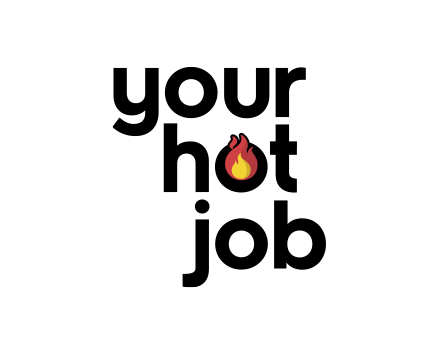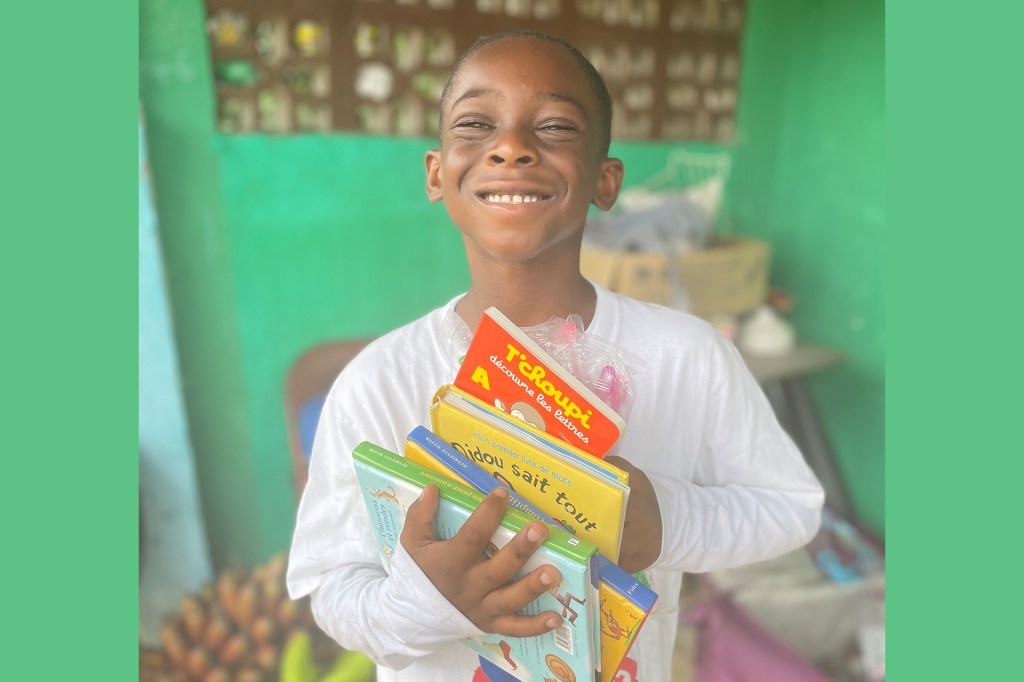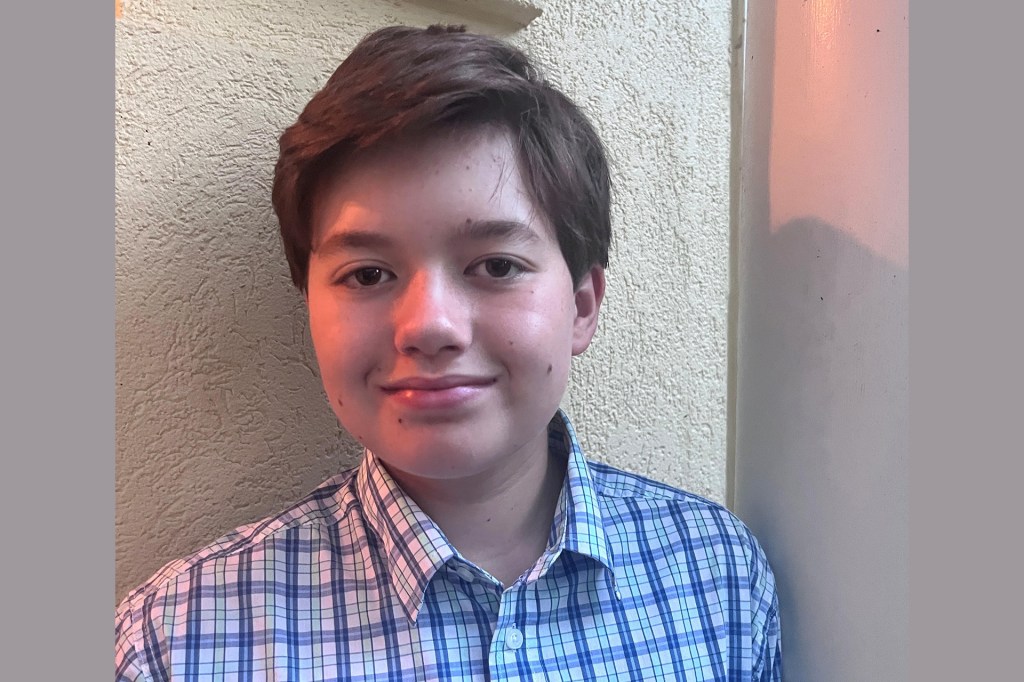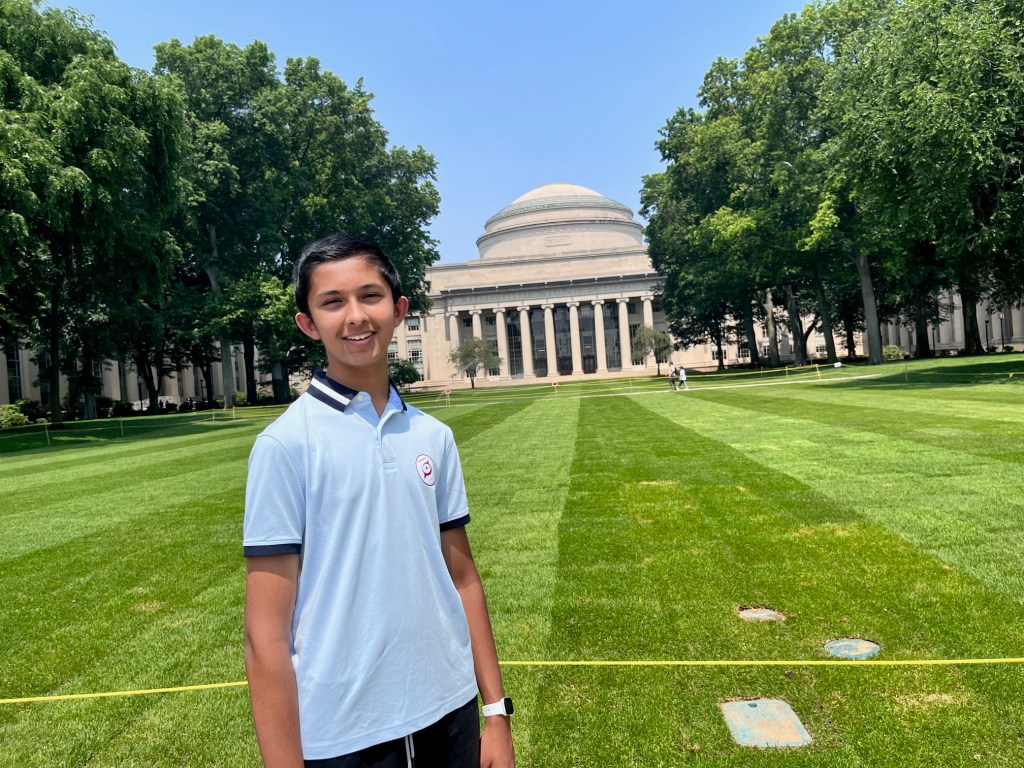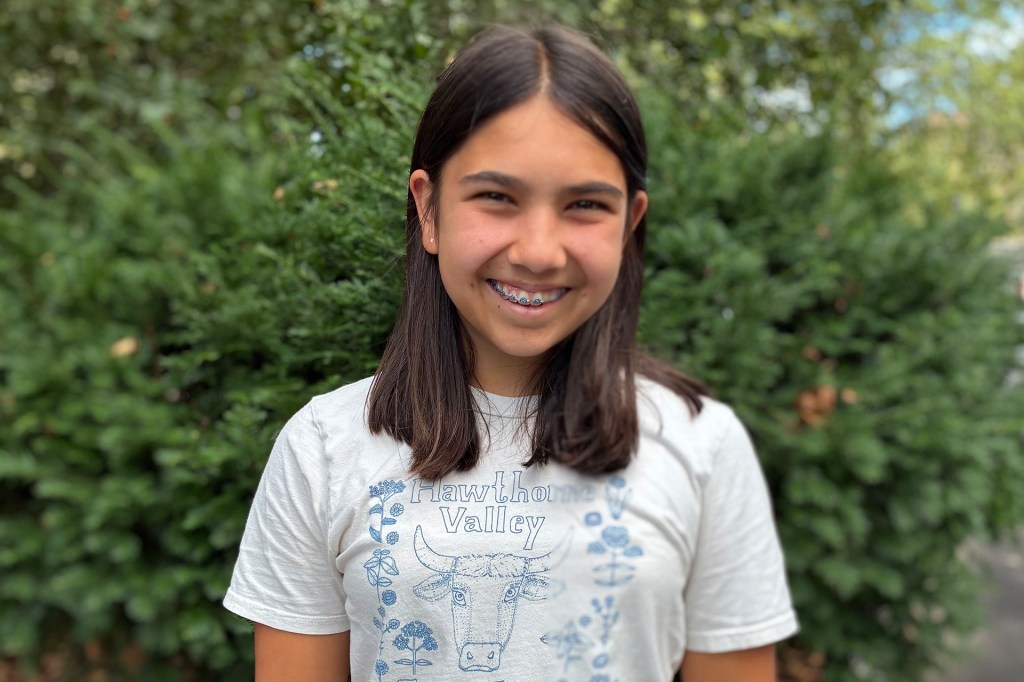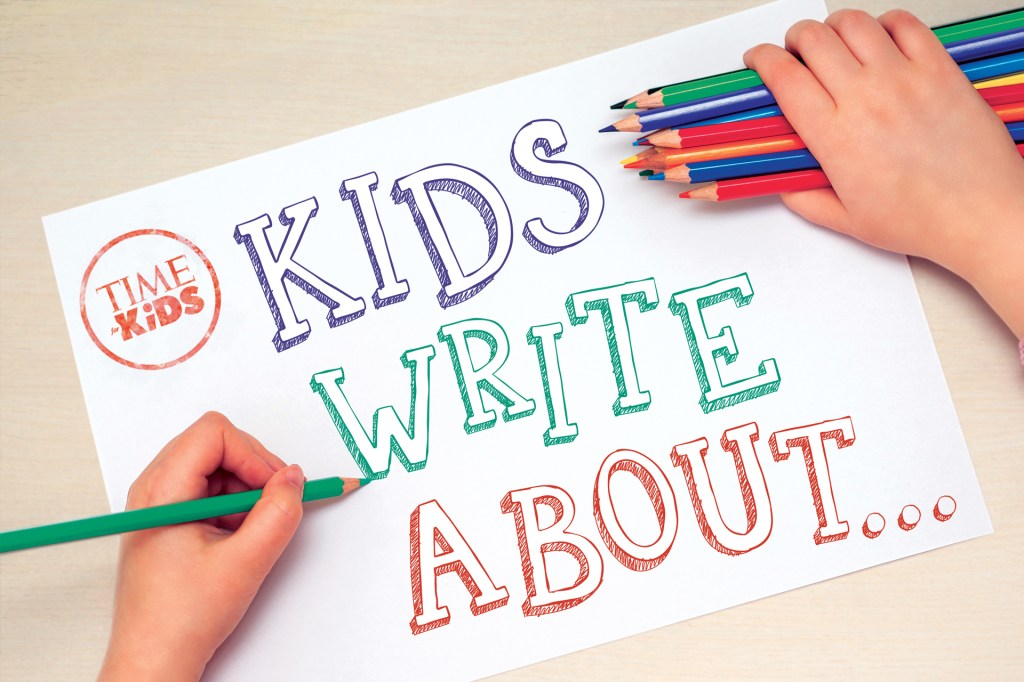
What has the last year been like for you? In the fourth part of our series of pandemic essays, you’ll hear from Roman, in New York; Afton, in Arizona; and Jeremy, in Connecticut. These kids and their families went through difficult experiences. But with resilience and support from their communities and loved ones, they came out the other side stronger than ever.
Roman Peterson, age 14
New York, New York
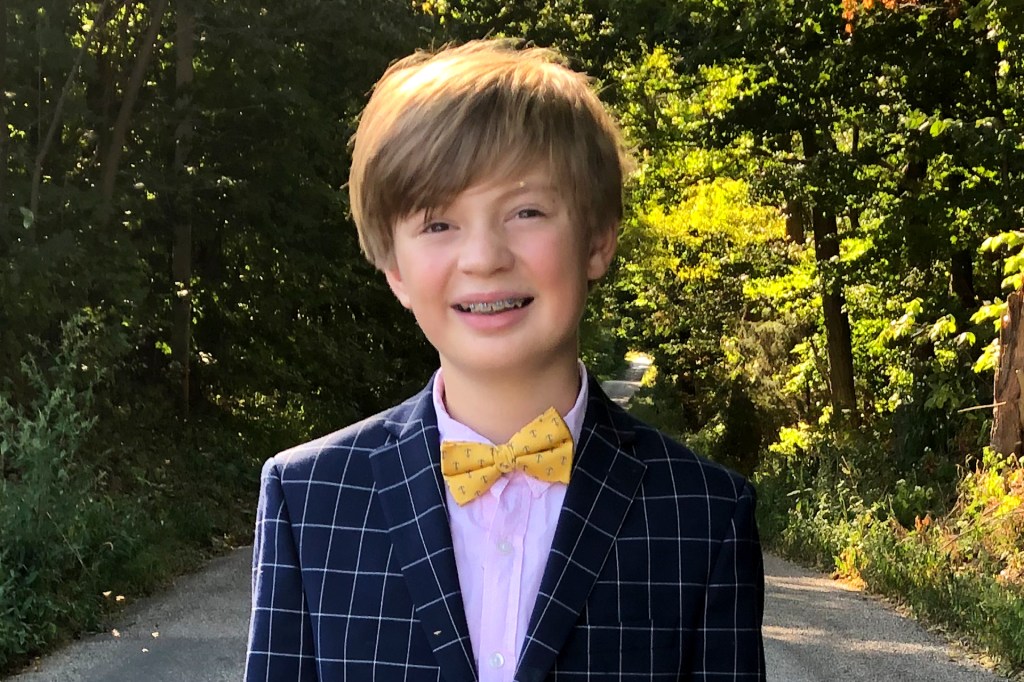
Roman Peterson
Courtesy Mary PflumThe past year has been the year of getting to know COVID too well. When our school announced it was going to remote learning, in March 2020, I thought the pandemic might feel like vacation. But then my mom got COVID. She was really sick. We quarantined in our New York City apartment. My younger brothers and sister and I tried to stay away from her. But a few days after she was diagnosed, I got a fever. Doctors told me I had COVID too.
My fever lasted four weeks. I lost my appetite and got really bad headaches. Researchers at NewYork-Presbyterian Hospital/Columbia University asked me to be in a yearlong study. In the early stages, the study was one of the only ways I could get in-person care. The researchers saw me as many as four times a month. They took my blood and spit. They even studied my braces to figure out how long COVID stays on kids’ teeth. I still get COVID headaches. But I know I'm lucky. COVID taught me not to take my health for granted—or the opportunity to be with people, in person.
I now have headaches less often. And our eighth-grade graduation will be in person. It will be the first time we'll be together as a full grade since COVID began.
TFK Kid Reporter Afton Campbell, age 12
Surprise, Arizona
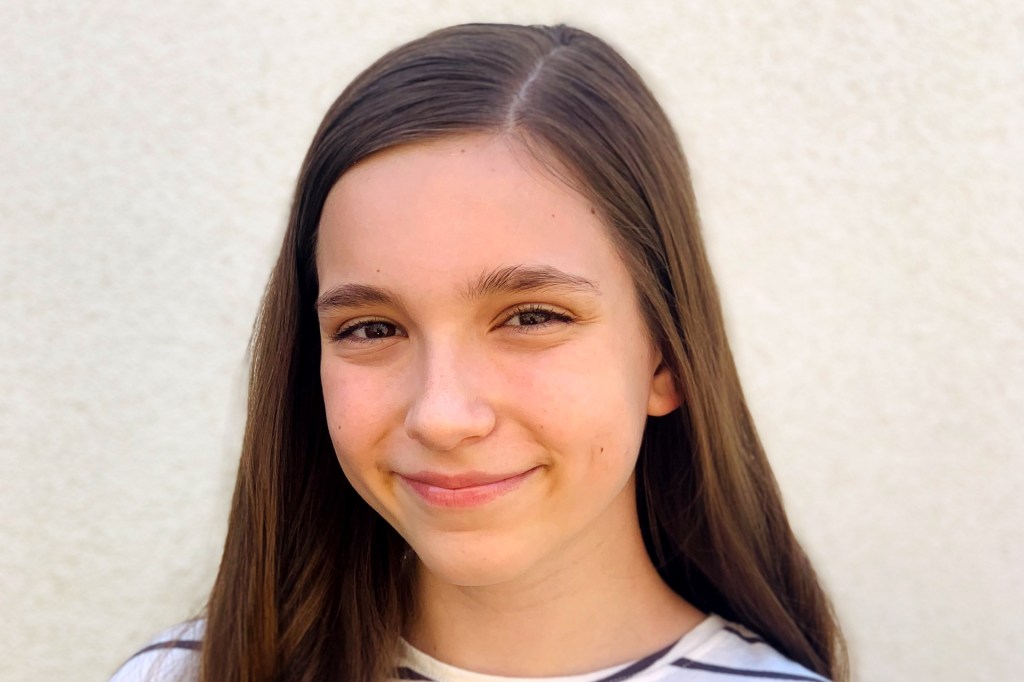
Afton Campbell
Courtesy Alicia CampbellI haven’t had COVID-19, but the pandemic still changed my life. Distance learning started in March 2020. Since then, I haven’t gone back to school in person. I chose to continue online classes because I enjoy spending more time with my mom and baby sister. I’ve missed my teachers and friends, but I can wear pajamas!
My dad works at a cancer hospital. As other hospitals were busy treating COVID-19 patients, they transferred cancer patients to his hospital. I saw him less as he worked overtime.
Before the pandemic, my family visited my aunt in a memory-care facility every week. I loved spending time with her and the other residents. Her facility has banned visitors since March 2020. We FaceTimed, but it wasn’t the same. Then my aunt got COVID-19. Watching her decline was horrible. She passed on New Year’s Eve, and our family had to hold her funeral virtually. When we needed our family most, we couldn’t be together.
The pandemic changed my life, but not entirely in bad ways. I’m grateful to realize all the things I took for granted, like how lucky I am to be healthy and to spend time with my family.
TFK Kid Reporter Jeremy Liew, age 13
Riverside, Connecticut
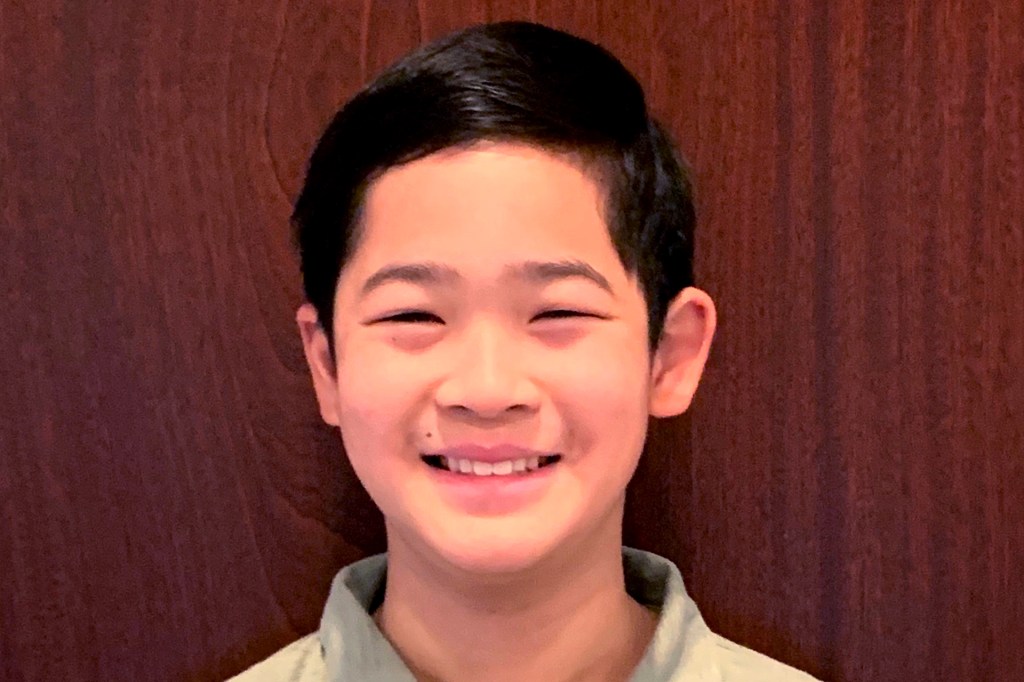
Jeremy Liew
Michelle Toy LiewThe last year made me comfortable with being uncomfortable.
I was uncomfortable being singled out for how I look. (I am an Asian-American Pacific Islander.) A year ago, people looked at me with suspicion, as if I had COVID-19 or had brought it to my community. I felt embarrassed to be me. I usually use jokes or magic tricks in awkward moments. But people didn’t want to be around me. That made me empathetic to how others feel because of how they look.
Learning without the social cues of a classroom was difficult. At in-person school, I took notes when I could see that everyone around me did. During Zoom, I didn’t know what I was supposed to be doing. That made me take risks, such as asking my English teacher for help or raising my hand first to share my thinking. I learned that change happens, pandemic or not. People adapt and become stronger, even with uncertainty. I can deal with it, too.
I am still uncomfortable. But now I am confident. I appreciate who I am. I am grateful for what I have (my education, health, and three annoying sisters). And I believe that people and science can make a difference, maybe with the help of a little magic!

